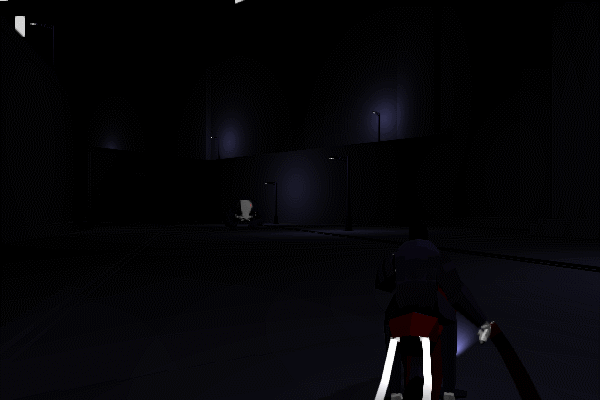What engine? Maybe people here will have some suggestions.
Can you identify the performance bottleneck?
What engine?
Can you use a profiler? If you use Unity, it has a great one. It can find both performance bottlenecks and the source of memory allocations (the latter of which was very helpful for me given the way Lupinball does online).
Thanks guys. I'm using Unity. With the profiler, I can see that it's my platforming code that's taking a long time. It's being called in FixedUpdate, so once I hit that 20ms cliff, everything's falling apart. I'm doing a bunch of OverlapSphere checks and boxcasts (my own code, as this was pre 2D stuff). I think I just don't know how to use the profiler properly to see which chunk of code is the culprit... Or maybe my expectations are off. (I have about 80 of these "platformer" game objects right now... maybe that's too much to ask?)Thanks!!
Turn off all the effects / features / render layers / view distance and turn them on one by one and see where your performance starts to drop massively.
Being the platforming code, it's so integral to the game, so I'm stressing out that I can't fix it. I'm almost tempted to switch over to the Unity 2D physics stuff, but this late in the game... that's a pretty big change.



